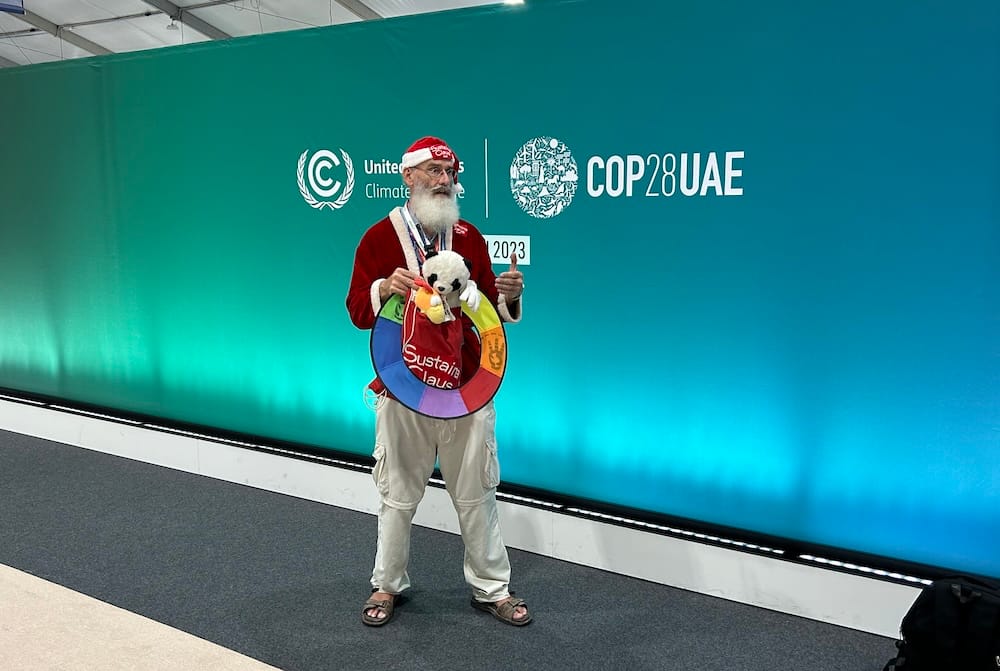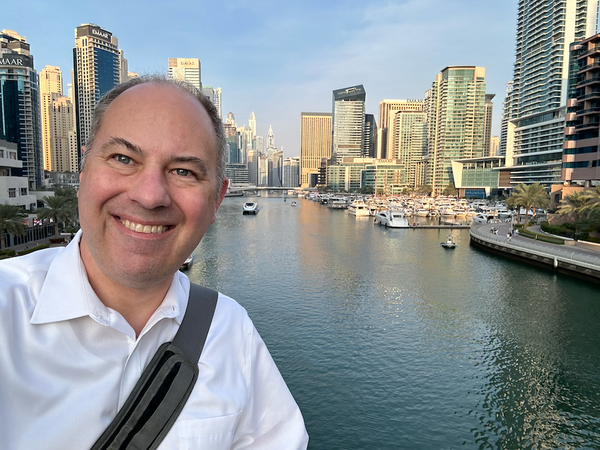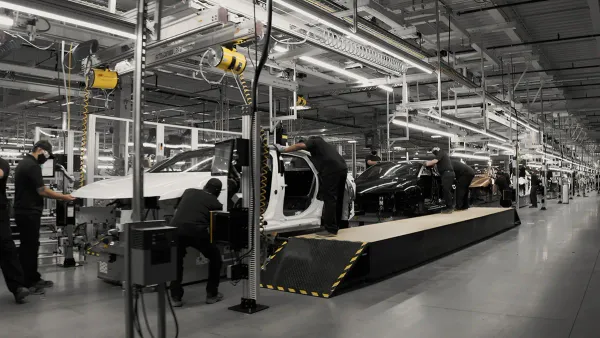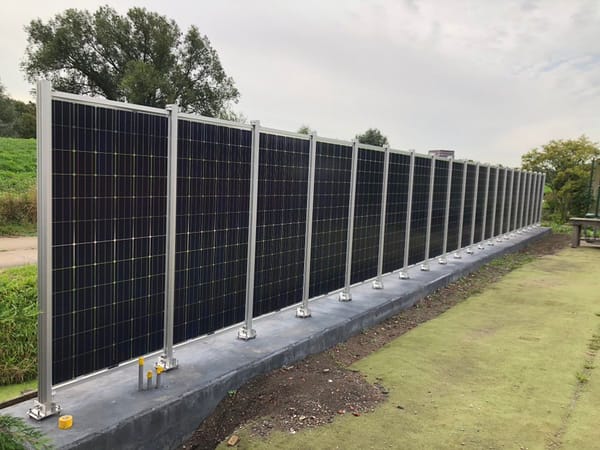Making sure this is actually good

I’m going to have to admit, I had some very ambitious ideas about pacing for this newsletter. Putting out two originally reported articles a week on my own is just too much at this point. Perhaps if there were a faster flow of information, but…that’s not happening at the moment.
There’s still lots going on behind the scenes – I’m reaching out and interviewing people. But research and reporting takes time, particularly when your interview subjects live around the world in many different time zones.
My goal has always been to Make Something Great. And honestly, if you’re going to open up an email from me, I want to make sure you really look forward to reading that email.
To adjust, I’m going to go down to one originally reported article a week, on Fridays. I’m still going to continue sending an email on Tuesdays, but that will be more of what you see below, the “Ideas” and links to relevant news articles, as well as any other interesting tidbits I stumble upon. I actually like much of what I find here, and I might even try to expand it a bit. Climate, as a topic is so big, it’s often easier to dip into larger topics here and there than it is to do a deep dive on everything. It’s too hard to fit everything into your brain at once, I find.
I hope to get back up to two original articles a week, but for now I’m going to focus on quality over quantity, to ensure every time you get an email, it’s something worth opening.
Thanks for reading, and if you have any thoughts you’d like to share, please drop me a note by replying to this email
Ideas
Not just climate goals, but green tech generally has become politicized, as right-wing politicians claim green tech intrudes on personal autonomy. The trend in the U.S., Europe, and the U.K. is endangering climate goals, even though in the U.S. the government-sponsored green tech boom is largely benefiting conservative areas. Meanwhile, European heat pump sales, perhaps suffering from rightist accusations, have declined for the first time in 10 years.
2024 is shaping up to be one of the warmest years ever, according to meteorologists. Climatologists worry the warmth could stall Atlantic ocean currents that warm the Northwest U.S. and Europe. [Great interactive explainer here.] In the U.S., Northern states are suffering record low snowfalls, while Texas is experiencing the second-largest wildfire in U.S. history, in part because of a dry, warm winter.
Rainforest protection programs funded by carbon credits are under assault, as a major Oxford University white paper establishing carbon credit standards states, “A carbon credit is a unit of CO2 emission removed or reduced.” Thus, not including already existing forests. Oxford’s Smith School is one of the leading carbon credit research groups and the paper gives increased ammunition to the position of European climate negotiators, who have resisted American-led efforts to call forest maintenance “carbon credits”. This seemingly picayune difference – is a carbon credit something maintained or does it have to be additive to what already exists – is the core reason why international carbon credit trading hasn’t been established. Climate negotiators have been struggling over Section 6.4 rules, the E.U. on one side and the U.S. and rainforest nations on the other, for three years with no major movement. COP29 in Baku is supposed to be where it all gets settled once and for all. This Oxford white paper is a major shot over the bow by the E.U. side. There’s also a big cost difference between “maintenance” credits, which cost $2-5 per ton and “removal credits” which this carbon trading company says costs in the realm of $110-$1700 per ton.
The Oracle of Omaha is a businessman, period, and therefore prizes stability and predictability. This week Warren Buffett’s annual letter to Berkshire Hathaway’s shareholders reiterated his fund’s commitment to large holdings of oil, utility, railroad, and insurance companies, all stable, relatively unchanging industries, yet ones deeply impacted by climate. Buffett is a thought leader, and as such his letter recognizes the reality and impact of climate. Still, he ignores the role his companies have in impacting the climate. The letter is an interesting insight into the corporate zeitgeist.
Like what you see? Please forward to a colleague.
Media
I appeared on a local U.S. video podcast, The Cole Memo, and had a nice chat about what I saw in Dubai at COP28, green tech progress to be optimistic about in the U.S., as well as the challenges ahead to stay under 1.5-degrees of warming. Also a bit of discussion about what I observed life in Dubai proper to be like (very car–centric).
Climate Politics News
China Objects to EU’s Border Carbon Tax, Backs Global Market [Bloomberg]
Biden Calls Chinese Electric Vehicles a Security Threat [New York Times]
European parliament votes for watered-down law to restore nature [Guardian]
Natural Gas Hasn’t Been This Cheap in Decades [Wall Street Journal]
Important Upcoming Climate and Political Dates
Article 6.4 Supervisory Body Meeting (carbon credits) – Feb. 26-Mar.1 – Bonn
Loss & Damage Meeting – Mar. 12-15 – Bonn
World Bank/ IMF Spring Meetings – Apr. 19-21 – Washington, D.C.
Article 6.4 Supervisory Body Meeting – Apr. 29-May 2 – Bonn
India Elections – Apr. & May
UNFCCC Sessional - June 3-13 – Bonn
EU Parliament Elections – June 6-9
Article 6.4 Supervisory Body Meeting – July 15-18 – Bonn
Article 6.4 Supervisory Body Meeting – Oct. 7-10 – Bonn
US Elections – Nov. 5
COP29 – Nov. 11-22 – Baku, Azerbaijan





